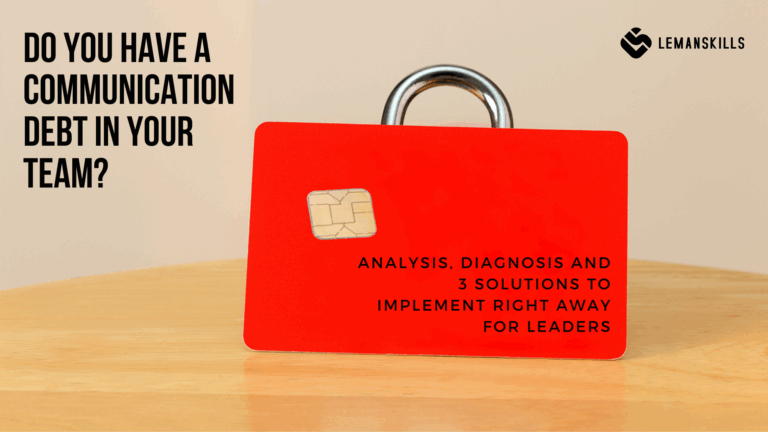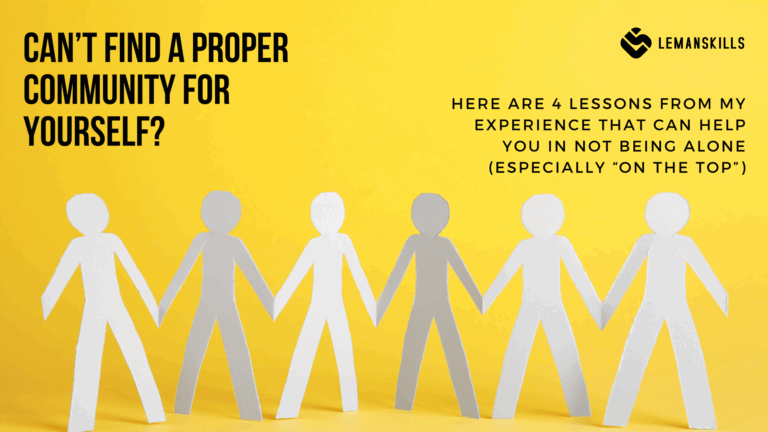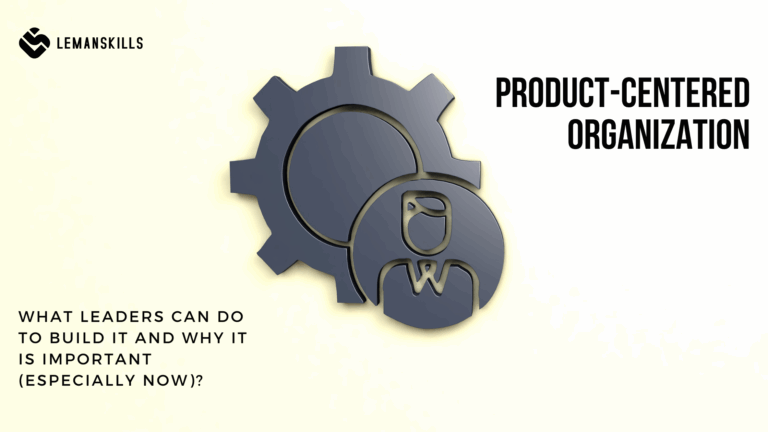If you have only one pick to name the most stressful time during the whole year, what would you choose? Is December holiday time in your TOP3?
The last quarter of the year has something magical in it, and I’m not talking about the magic of the holiday time. We want to squeeze all of the things we wanted to achieve or do throughout the whole year in one month or take care of relations with family in one or two holiday nights.
Does it cost you a lot of stress? Do you feel pressured, attacked by tradition or questions you don’t really want to answer? How often do you feel that you would rather spend this time alone or with friends, preferably in some sunny, beautiful place?

What if this year we take care of ourselves better? What if this year you feel good before, during and after holiday time, without regret or guilt? Let’s go through 5 things you can do to achieve this state of mind.
1. Stay in OK-OK zone
Staying in OK-OK zone means that you think and feel that you are OK, and the others are OK too.
It’s really hard for some of us to stay in OK-OK zone around holiday time. We feel pressured, stressed about the whole thing, we spend this time with family that we sometimes don’t even like anymore. We don’t set boundaries because we don’t want to hurt their feelings. So we sit and suffer in silence.
What about that scenario: this year I’m going to stay in OK-OK zone. I’m OK with my life and what I do with it, and I believe that other people are OK too – even if they are ask inappropriate questions or behave not ideally. I believe that there is always good intention there, i.e. they want to know more about my life, but they don’t really know how to ask properly about it. You don’t need to answer to all the questions people ask, but you can react differently – not to go offensive, just set a clear boundary. Don’t get drawn into the discussion you don’t want to be a part of. Don’t waste your energy and time to convince somebody to something. Influence what is in your scope of control, let go everything else.
The more you are in OK-OK position, the less frustrated, stressed and tired you’ll be. OK-OK gives you freedom of not being tight to other peoples’ emotions, needs, frustrations, fears. Isn’t it worth to change the mindset?
2. Don’t accept invites to the psychological games
Psychological game regarding Eric Berne is a form of communication that follows a specific scenario and leads to the predictable ending. Holiday psychological games are repetitive, we can easily name each of them and actually see the signals that they’re coming.
A great example is a holiday dinner. Young couples get questions about when they’ll get married. Young married couples get questions about when they’ll have kids and single people get questions about when they’ll find somebody. Each of those questions can lead to a psychological game, it’s an invitation we can accept or decline. When we accept it, we take one of the three roles in the drama triangle: victim, prosecutor or rescuer and the game begins. It drains our energy, makes us feel bad about ourselves and we get into conflicts with others.
When we don’t accept it, we protect ourselves and save energy that we can spend on something that really matters.
3. Do more things earlier to avoid procrastination
Sometimes we do this to ourselves: we procrastinate buying presents and ingredients for dishes, cooking, cleaning or decorating the house, calling others/sending the holiday wishes or all of the other things each of us do before and/or during holiday time. It comes with a high level of stress, a feeling that we are not good or organized enough, sometimes connected with guilt. And with all of that, we just feel tired and don’t have energy to be a center of entertainment. When we lack energy, we often get comments like: “why you are so sad? It’s Christmas – smile and be happy!”. Do you know that feeling? Do you just want to lock yourself in a quiet room and spend some time alone then? Is it really how we want to invest our time?
To avoid that feeling, make a plan to execute milestones earlier, not all at once. Create a spreadsheet or a table on a piece of paper with the things you want to do, the effect you want to achieve and the date you want to do it. No excuses. Be reasonable – once you have a list, check if there are any things you can use support with? Maybe you can “delegate” some of those items to your partner, kids or friends? Reflect on what yourself and others are really good at and maybe as a side effect of the whole thing you’ll create a creative space for them to spend time?
4. Protect your time
This one is strictly connected with the previous one, but it goes a bit further. Usually around holiday time we schedule some time off at work, to recharge after the hard year, to come back after New Year’s with a fresh set of energy.
And what a lot of us do during this time?
Cleaning the house.
Cleaning windows.
Taking care of others’ free time (i.e. organizing time for kids).
Cooking for guests.
Catching up on some work, since there is almost no one there, so we can finally focus on what requires a deep work time with no distractions.
The list is endless. What we often really miss is time for ourselves. Only for ourselves – when we can read, drink tea or coffee under the warm blanket, rest, take care of our minds and bodies. Sometimes it’s time for a reflection on last year’s events and making plans for the new one. Sometimes it’s more about our development: professional, mental, spiritual, physical. You name it, it’s your time.
Protect it, no matter what happens. You can schedule it with your siblings if it’s easier for you. Hang a piece of paper on the door saying “I’m resting, please do not enter unless it’s death” or something like that. It’s about setting a healthy boundary, to do what is important FOR YOU, to take care of YOUR NEEDS, even if it’s just a 15-minutes quiet time in a closed room. Pretty often it’s all we need to get back to the balance we all need in this world of endless stimulants and constant rush.
5. Be mindful about your balance
And this one is strictly connected to the previous one, as you can see, the whole story is about connecting the dots. When you feel or think that you need a break, you take a break. You don’t need to prove anything to anyone. You can check out this article about The Drivers, it can be especially useful this time of the year.
You don’t want to do something because you are exhausted? Reschedule, delegate or let it go. Is it really necessary to bake the fourth pie? Or prepare 12 dishes for the Christmas dinner? Who cares how many is it, 4 dishes can do the work as well. The less you prepare, the less you’ll throw away later. That way you’ll avoid overeating over the holiday time and making unrealistic plans about the perfect body you always plan to have, starting January 1 (of course).
Take care about yourself, find proper balance between family, home, friends, travelling – all of those things you WANT to do over holiday time, not those YOU SHOULD do, because somebody said so.
This is your life. Don’t let anybody dictate how you spend it, it’s your decision to make. Every single day.




